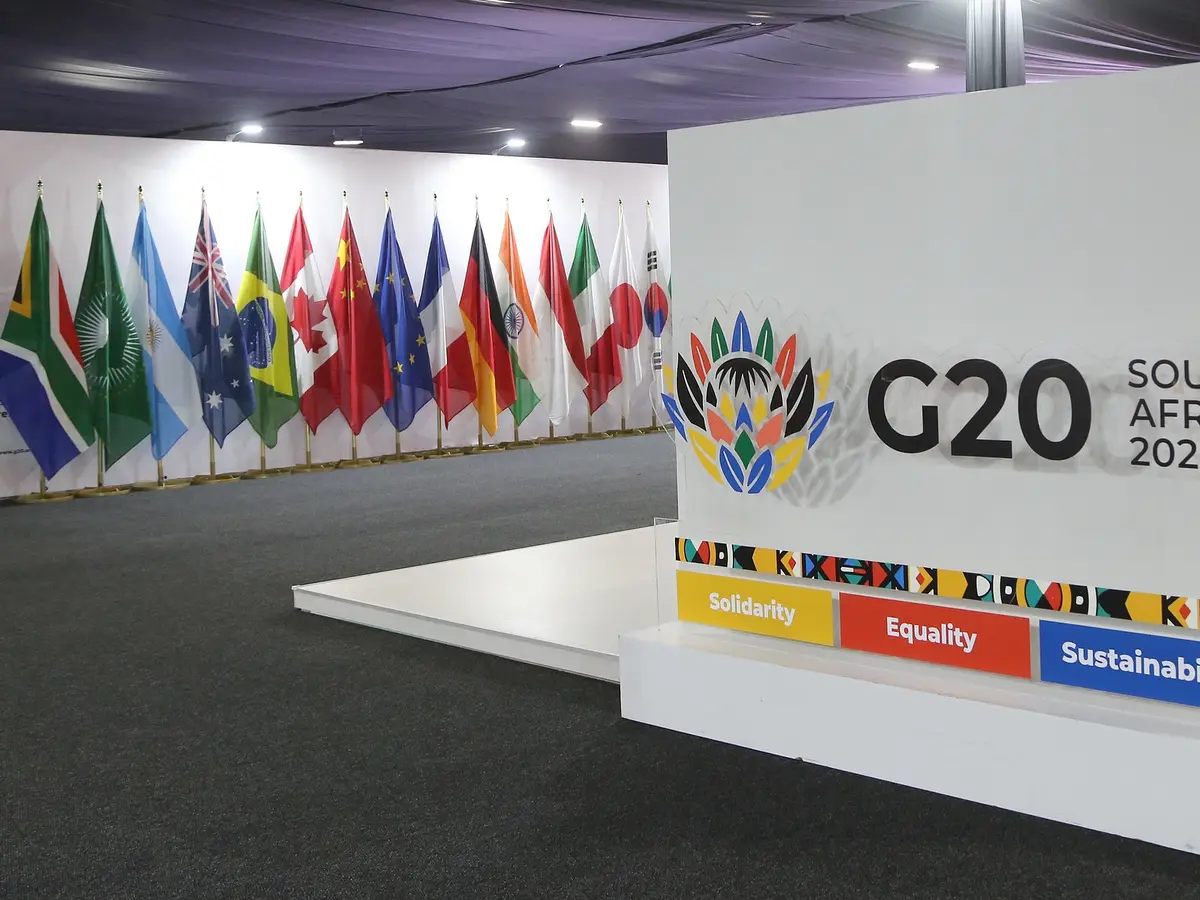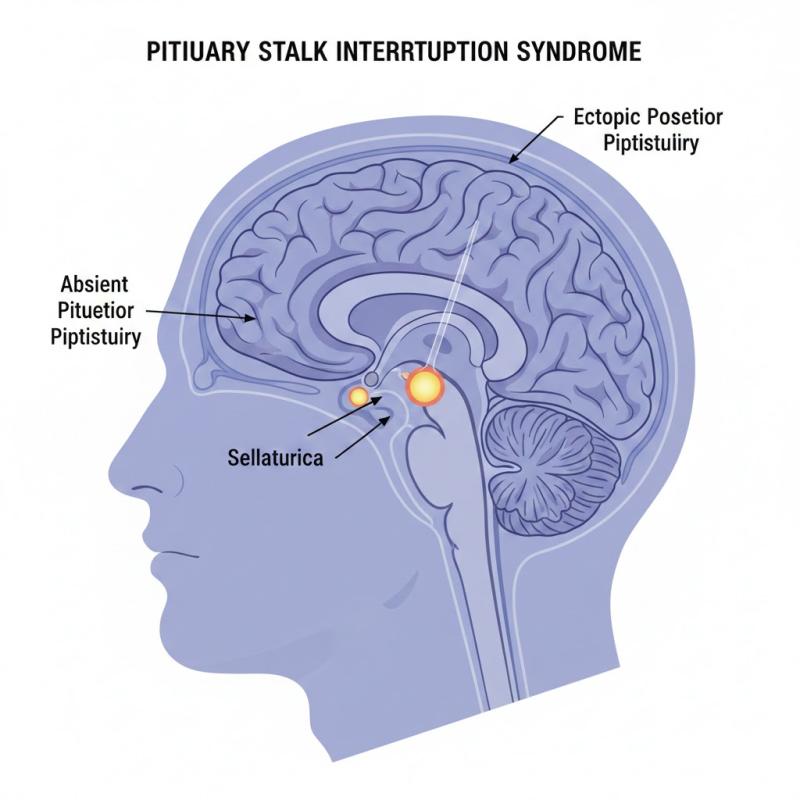Summary
The G20 has prioritised the development of ethical AI standards that promote safety, human rights, and trustworthiness. South Africas presidency highlights the need for inclusive and sustainable AI governance.
Source: WION

AI News Q&A (Free Content)
Q1: What are the primary objectives of the G20 Summit 2025 in Johannesburg, particularly concerning ethical AI standards?
A1: The G20 Summit 2025, scheduled to be held in Johannesburg, aims to prioritize the development of ethical AI standards that emphasize safety, human rights, and trustworthiness. This summit marks a significant focus on inclusive and sustainable AI governance, propelled by South Africa's presidency, which highlights the necessity for a global framework to manage the ethical implications of AI technologies.
Q2: How does the current presidency of South Africa influence the agenda for ethical AI standards at the G20 Summit 2025?
A2: South Africa's presidency of the G20 Summit 2025 brings a unique focus on inclusive and sustainable AI governance. The leadership intends to promote discussions on creating ethical AI standards that are globally accepted, ensuring that the development and deployment of AI technologies are done in a manner that respects human rights and enhances trust among global communities.
Q3: What are the significant ethical issues raised by the development and use of brain-inspired AI as discussed in recent scholarly articles?
A3: Recent research indicates that brain-inspired AI introduces new foundational and practical ethical issues, distinct from traditional AI. These include concerns related to robustness, generalization, and the potential to exacerbate existing ethical challenges. The research suggests a heuristic method to identify and address these unique issues, underscoring the need for tailored ethical considerations in brain-inspired AI applications.
Q4: What strategies are proposed for ethical AI use in scientific research, according to recent studies?
A4: Recent studies propose a user-centered, realism-inspired approach for ethical AI use in scientific research. Key strategies include understanding model training, mitigating biases, respecting privacy and copyright, avoiding plagiarism, and ensuring transparency and reproducibility. These strategies aim to bridge the gap between high-level ethical principles and practical application in research environments.
Q5: How is the integration of AI in K-12 STEM education being addressed in terms of ethical challenges?
A5: The integration of AI in K-12 STEM education presents both opportunities and ethical challenges. Recent findings highlight the need for careful consideration of ethical issues such as data privacy, bias in AI tools, and the impact on educational equity. There is an ongoing effort to develop guidelines that ensure ethical AI application in educational settings, promoting fairness and inclusivity.
Q6: What are some of the practical goals for ethical AI use in research practices highlighted in recent publications?
A6: Recent publications outline practical goals for ethical AI use, including understanding AI model biases, ensuring privacy and confidentiality, avoiding policy violations, and using AI transparently. These goals are designed to ensure that AI tools are applied ethically and effectively in research, enhancing scientific progress while maintaining integrity.
Q7: Why is there a need for a global framework for ethical AI standards, as discussed in the context of the G20 Summit 2025?
A7: A global framework for ethical AI standards is crucial due to the pervasive nature of AI technologies and their potential impact on societies worldwide. The G20 Summit 2025 emphasizes the creation of such a framework to ensure the responsible and equitable development of AI, mitigating risks while harnessing its benefits. This framework aims to unify international efforts in addressing the ethical, legal, and social implications of AI.
References:
- 2025 G20 Johannesburg summit
- A method for the ethical analysis of brain-inspired AI
- Beyond principlism: Practical strategies for ethical AI use in research practices
- Integration of AI in STEM Education, Addressing Ethical Challenges in K-12 Settings





